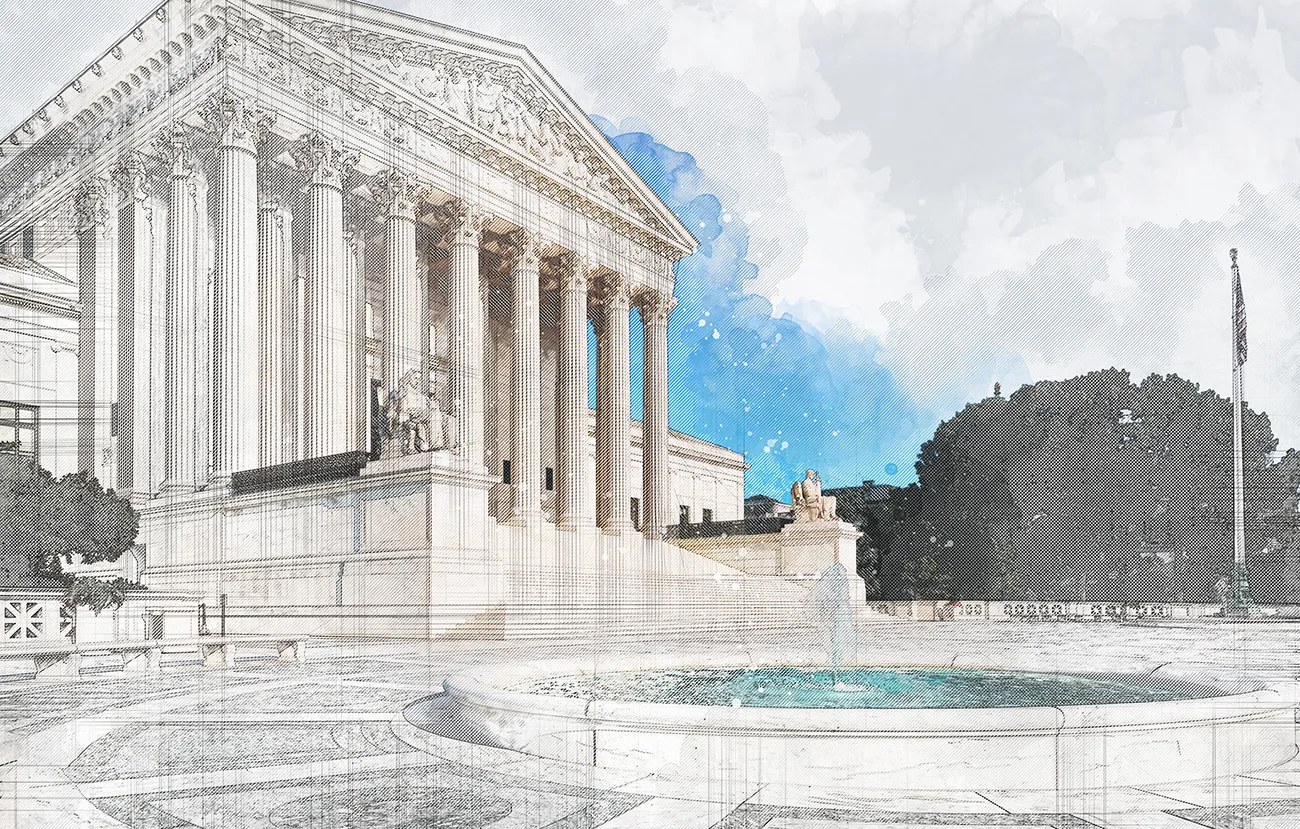Supreme Court Decides Kirtsaeng v. Wiley: You Bought It; You Own It
In a 6-3 decision, the Supreme Court decided Kirtsaeng v. Wiley & Sons (11-697) this morning, overturning a decision from the U.S. Court of Appeals for the Second Circuit. Adopting a position urged by CCIA and others in the technology industry, the Court applied the so-called “first sale” doctrine to all copyrighted goods regardless of where they were manufactured.
Generally, copyright holders can control the distribution of their goods. That is, the copyright doesn’t just control copying, it also controls distributing. The first sale doctrine is an exception to this rule, meaning that once the rights-holder has lawfully sold a copyrighted good, it may no longer use copyright law to control the distribution of that copy. Its distribution rights are “exhausted.” (Hence the doctrine is also sometimes referred to as “exhaustion.”)
More prosaically, first sale is sometimes described as “you bought it; you own it,” yet until now this rule had been interpreted by lower courts to apply only to copyrighted goods manufactured inside the United States. The consequence of this interpretation was that the domestic resale, lending, or even gifting or donating of any copyrighted good made abroad would violate the distribution right.
Summarizing the Court’s holding, Justice Breyer wrote:
…we ask whether the ‘first sale’ doctrine applies to protect a buyer or other lawful owner of a copy (of a copyrighted work) lawfully manufactured abroad. Can that buyer bring that copy into the United States (and sell it or give it away) without obtaining permission to do so from the copyright owner? Can, for example, someone who purchases, say at a used bookstore, a book printed abroad subsequently resell it without the copyright owner’s permission? In our view, the answers to these questions are, yes. We hold that the ‘first sale’ doctrine applies to copies of a copyrighted work lawfully made abroad.
Slip. op. at 3 (emphasis supplied).
Rejecting the argument that the first sale doctrine applied only to goods manufactured inside the United States, the Court held that
[t]he language of §109(a) read literally favors Kirtsaeng’s nongeographical interpretation, namely, that ‘lawfully made under this title’ means made ‘in accordance with’ or ‘in compliance with’ the Copyright Act. The language of §109(a) says nothing about geography.
Justice Breyer reviewed a number of circumstances where a holding to the contrary would pose administrative and policy problems. His opinion notes, for example, that libraries could not freely lend books without verifying their origin (a likely impossible task), and that sales of used goods, from books to retail goods with copyright-protected packaging to foreign automobiles containing software, might be treated as infringing. Similarly, the opinion observes, museums would need to acquire the “habit of asking their foreign counterparts to check with the heirs of copyright owners before sending, e.g., a Picasso on tour.” The consequences for online e-commerce platforms were substantial as well. As Ali noted in a preview of the case in October, online intermediaries who facilitate commercial transactions between sellers and resellers of goods would have faced potential liability as well.
Today’s ruling, the Court held,
frees courts from the administrative burden of trying to enforce restrictions upon difficult-to-trace, readily movable goods. And it avoids the selective enforcement inherent in any such effort. Thus, it is not surprising that for at least a century the ‘first sale’ doctrine has played an important role in American copyright law.
Justice Kagan wrote a short concurrence, which Justice Alito joined. Justice Ginsburg dissented, joined by Justices Kennedy and Scalia.







